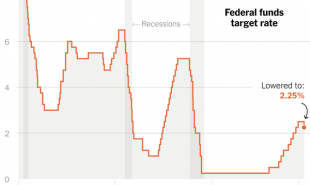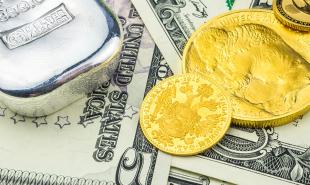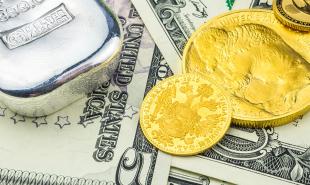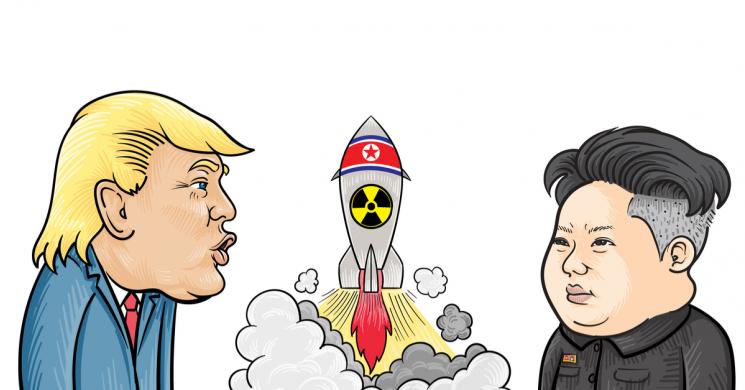
The threat of a nuclear standoff with North Korea continues to remain in the headlines, as it is unclear whether President Trump can negotiate some form of peace initiative before the country is able to launch a viable nuclear warhead. What is clear is that some of the unarmed missiles appear to have the capabilities to fly to both the west coast and east coast of the United States, which could generate a significant disruption in the daily life of U.S. citizens, by destabilizing its financial system. As a threat between the U.S. and North Korea continues to escalate it is important for investors to diversify their portfolios by purchasing assets that have safe haven qualities.
The Strategy
The Trump administrations strategy toward handling North Korea is one of strength and provocation. Many of the barbs thrown by Donald Trump at Kim John Un are meant to show that the United States is a bigger and more powerful nation, and is not willing to negotiate with smaller meeker nations that want to threaten developed countries with nuclear weapons. Japan and South Korea are directly in the line of fire, and many of the missile tests that have been undertaken by North Korea have sailed directly over Japan. While diplomacy is a strategy that will likely begin to occur, any accident that occurs that is directly related to tests performed by North Korea could become an act of war.
What Happens to Precious Metal at Times of Strife?
Precious metal becomes an attractive asset class when investors are concerned that the value of other assets will decline due to geopolitical events. Examples of this are following the attacks in the U.S. after 9-11, as well as during the period following the Gulf invasion in 1990. War and terrorism have a way of reducing the value of riskier assets, and also reducing the value of a currency. In the immediate wake of the 9-11 attacks on the United States, gold prices rallied slightly more than 9% over the course of 7-trading days. Gold continued to move higher as investors realized the world had likely changed forever.
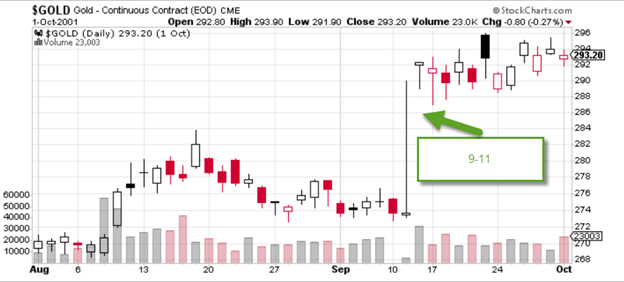
Would the Dollar Remain the Worlds Liquidity Currency?
The issue that investors face during times of geopolitical risk that focuses on the United States is that many countries around the globe use the dollar to hold a reserve. The dollar is the unofficial liquidity currency, which investors and central banks hold to meet their liquidity requirements. For example, the Peoples Bank of China is one of the largest holders of U.S. Treasuries and to purchase treasuries they need to sell Yuan and buy dollars.
If the dollar becomes unattractive because there is a missile launch that hits the United States, it makes sense to perceive that precious metals such as gold and silver will become an attractive alternative. Instead of the dollar holding on to its role as the liquidity currency, precious metal will take on that role, as they can be sold for a fungible value across the globe. Silver bars and gold bullion will also likely increase in value as the demand for limited supply would surge. Printing dollars does not take a lot of effort, but mining gold and is a difficult task.
If the North Korean threat to the United States and the rest of its allies persist, investors will begin to buoy the demand for precious metals, sending prices higher. If you are interested in finding out about how to purchase silver bars or gold coins, call Treasure Coast Bullion for your free Investment Kit.
Good Investing,
Treasure Coast Bullion Group
Read more by Treasure Coast Bullion Group, Inc - Staff Writer


